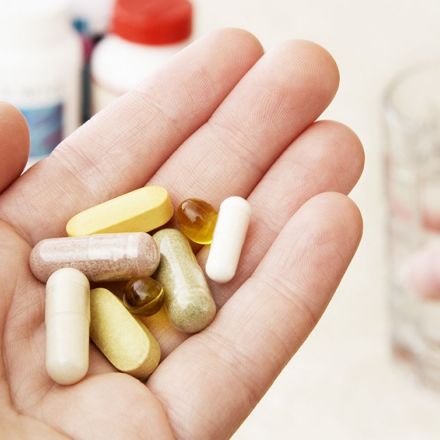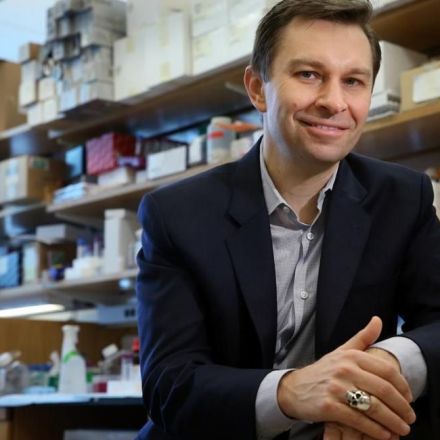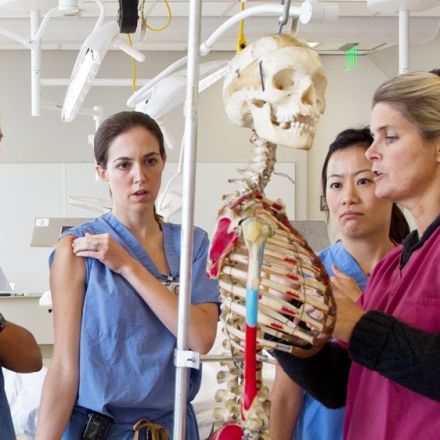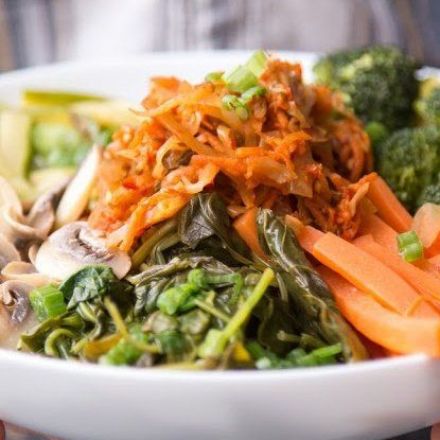

7 years ago
12
Adequate Consumption of ‘Longevity’ Vitamins Could Prolong Healthy Aging, Nutrition Scientist Says
New review of nutritional science argues most American diets are deficient in a key class of vitamins and minerals.
Continue Reading


























Join the Discussion
I'd like to see the list of special nutrients.
The author proposes a class of “longevity vitamins.” The evidence he presents is specifically for Vitamin A, Vitamin B1 (Thianine), Vitamin B2 (Riboflavin), Vitamin B6, Vitamin B12, Biotin (Vitamin B7), Vitamin C, Choline, Vitamin E, Folic Acid (Vitamin B9), Niacin (Vitamin B3), Vitamin B5 (Pantothenic Acid), Calcium Chloride, Chromium, cobalt, copper, Iodine, Iron, Molybdenum, phosphorus, Potassium, Sodium, Sulfur, Zinc, Vitamin K, Selenium, Vitamin D, Omega-3 fatty acids, Magnesium, Taurine, ergothionein, pyrroloquinoline quinone, Quinine, Carotenoid, Lutein, Zeaxanthin, Lycopene, Alpha carotene, Beta carotene, and Beta cryptoxanthin.
Woah, thanks. I have some reading to do.
Some of things though, you have to be very careful of. For instance, our bodies can't get rid of iron, so taking in too much can be very bad.
https://www.youtube.com/watch?v=LAcs2uROaoI Look for answers grasshopper.
Nice, but I was thinking of this actually.
I know, right? Cobalt? Jesus. If one defines deficiency as doing better if you get more, I tend to do better if I somehow supplement thianine, magnesium, potassium, and folate, as well as vitamins D and K.
Most of the trace elements, you have to be careful of getting too much and also the way they are bound. ie, eating an iron nail is not going to be that good for you or eating a piece of sodium could be really bad. The other things may be flavinoids, but there are so many flavinoids that eating live food is probably going to be better.
I've heard this plenty of times before.
Oh, you've heard:
Or:
Or:
Or maybe just that long-term vitamin and mineral deficiencies have observable effects?
There are two topics that have a perpetual tug of war with themselves...vitamin supplements and coffee. One day they kill you and a week later they cure cancer, aging and reduce the national debt.
Oh so true.
At least we can all agree that toilet paper should be hung overhand.